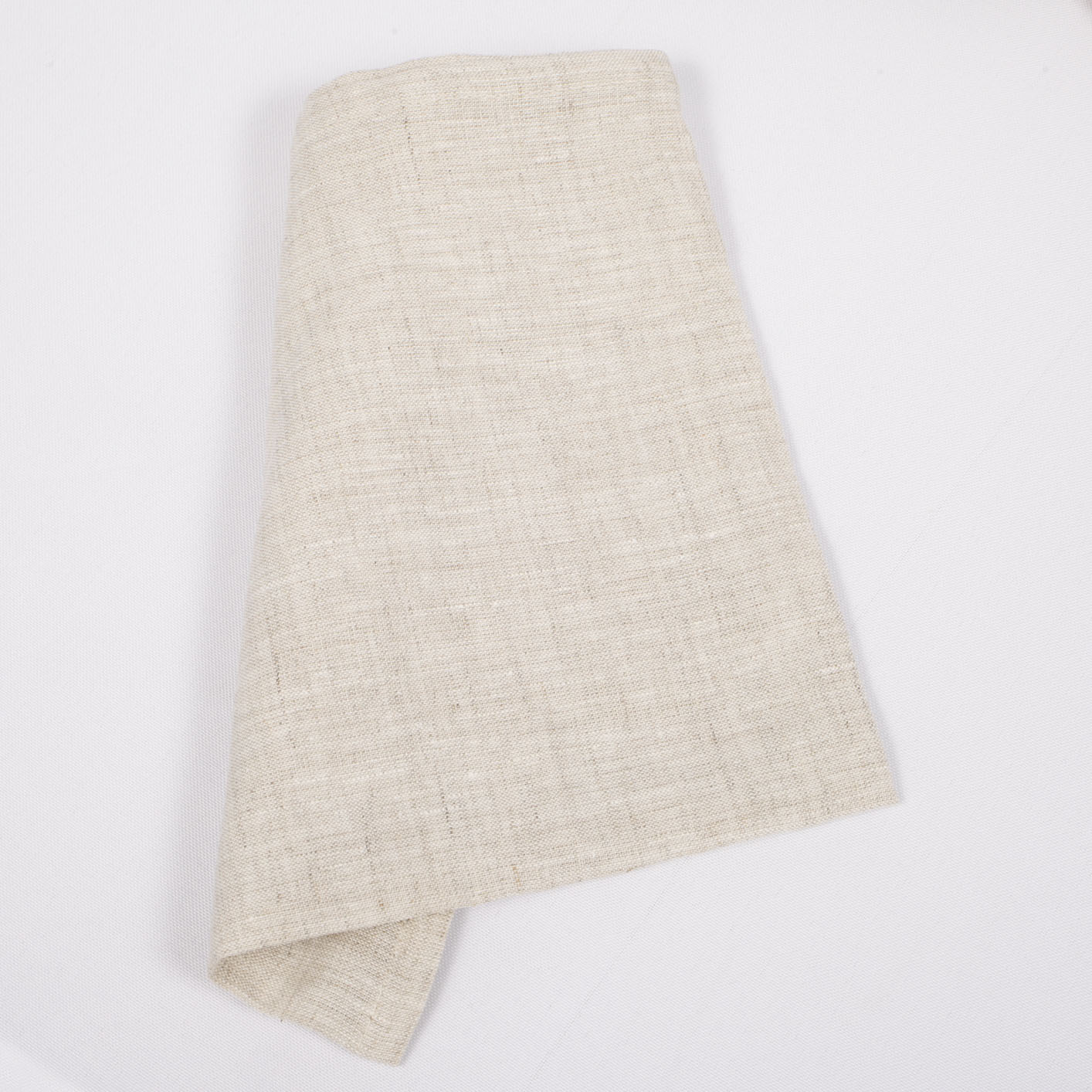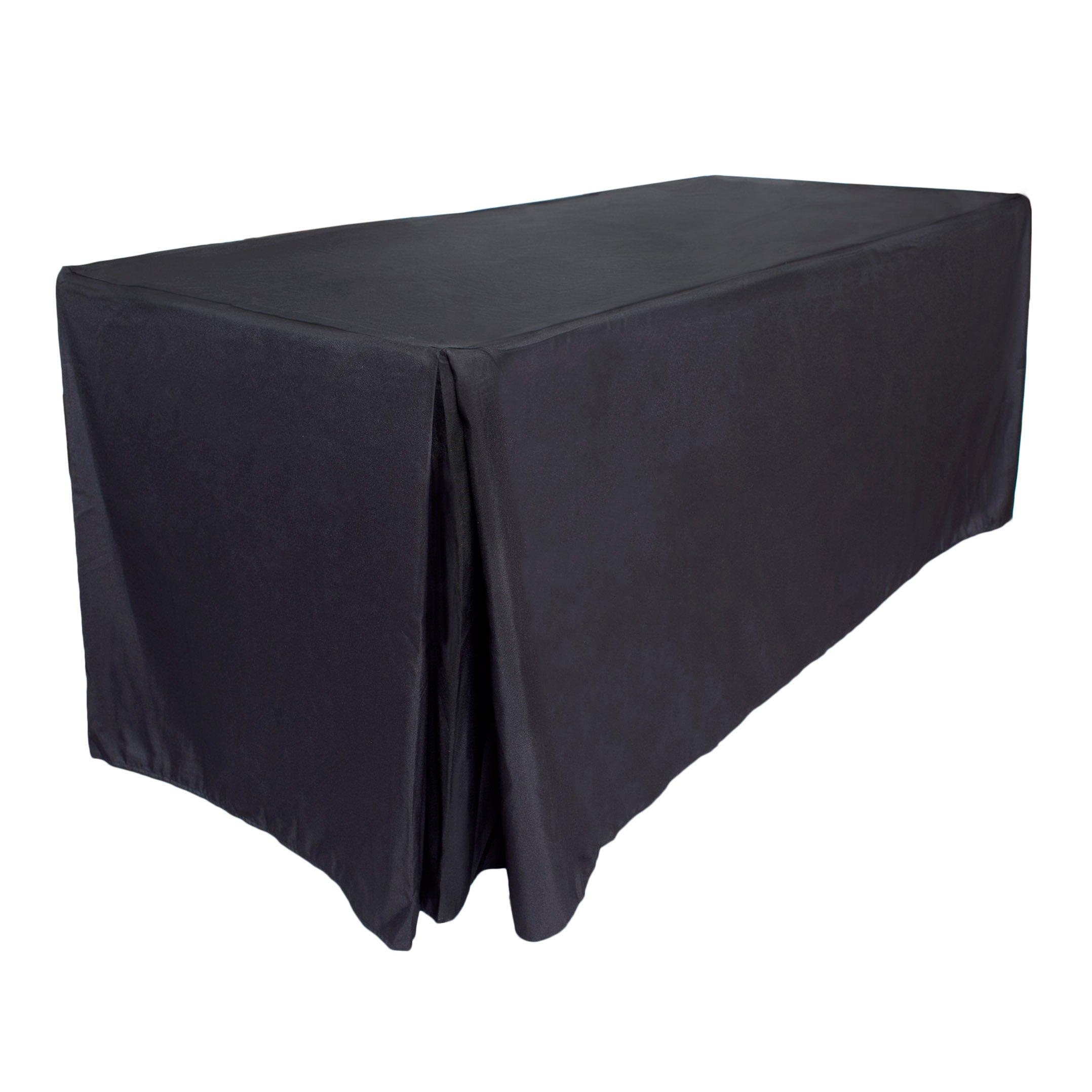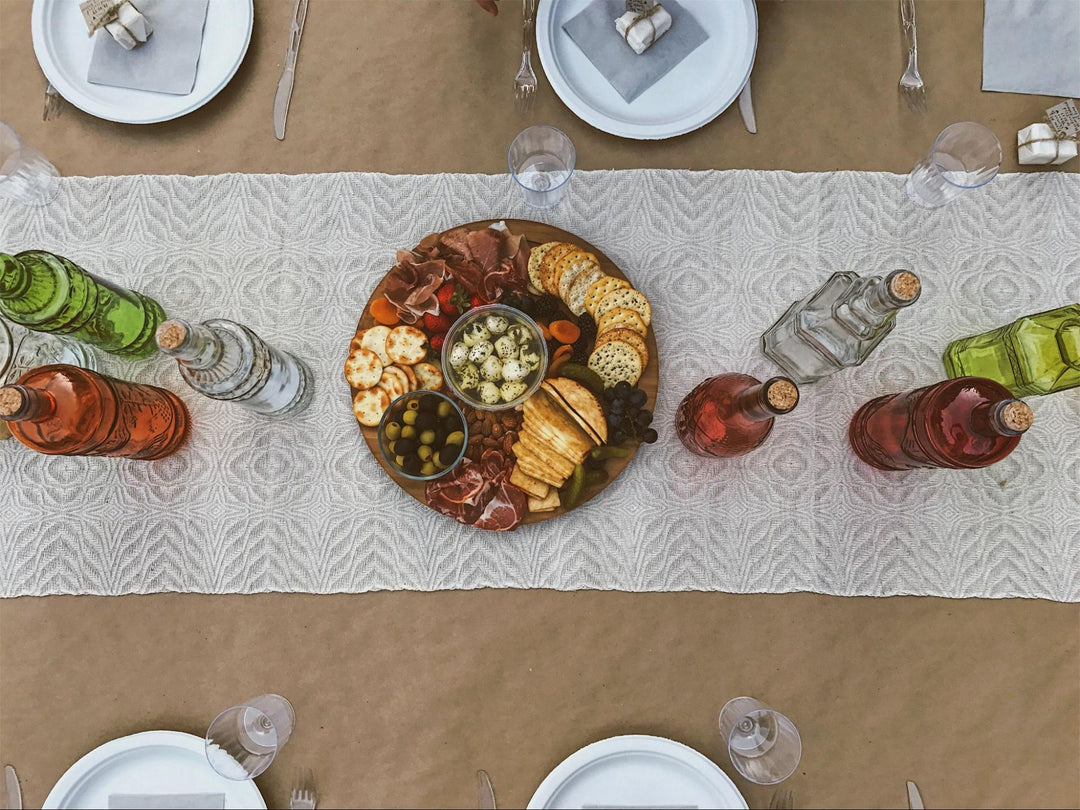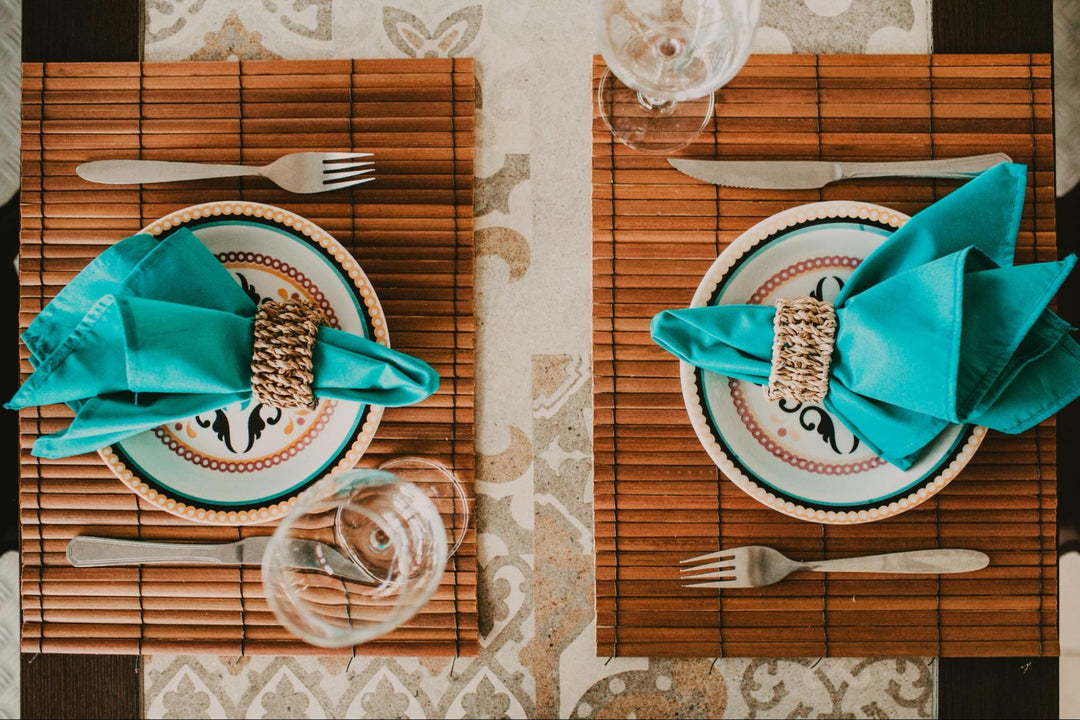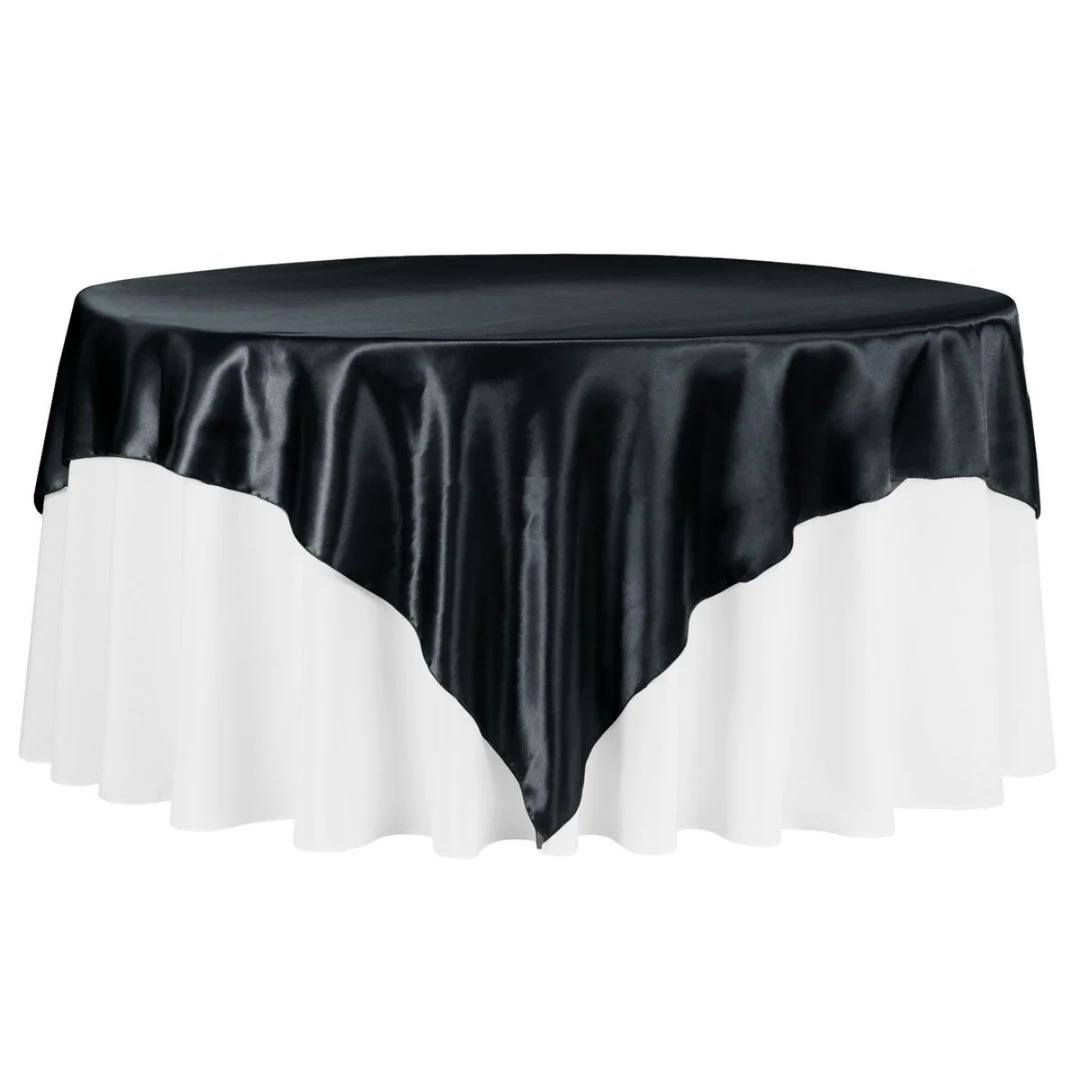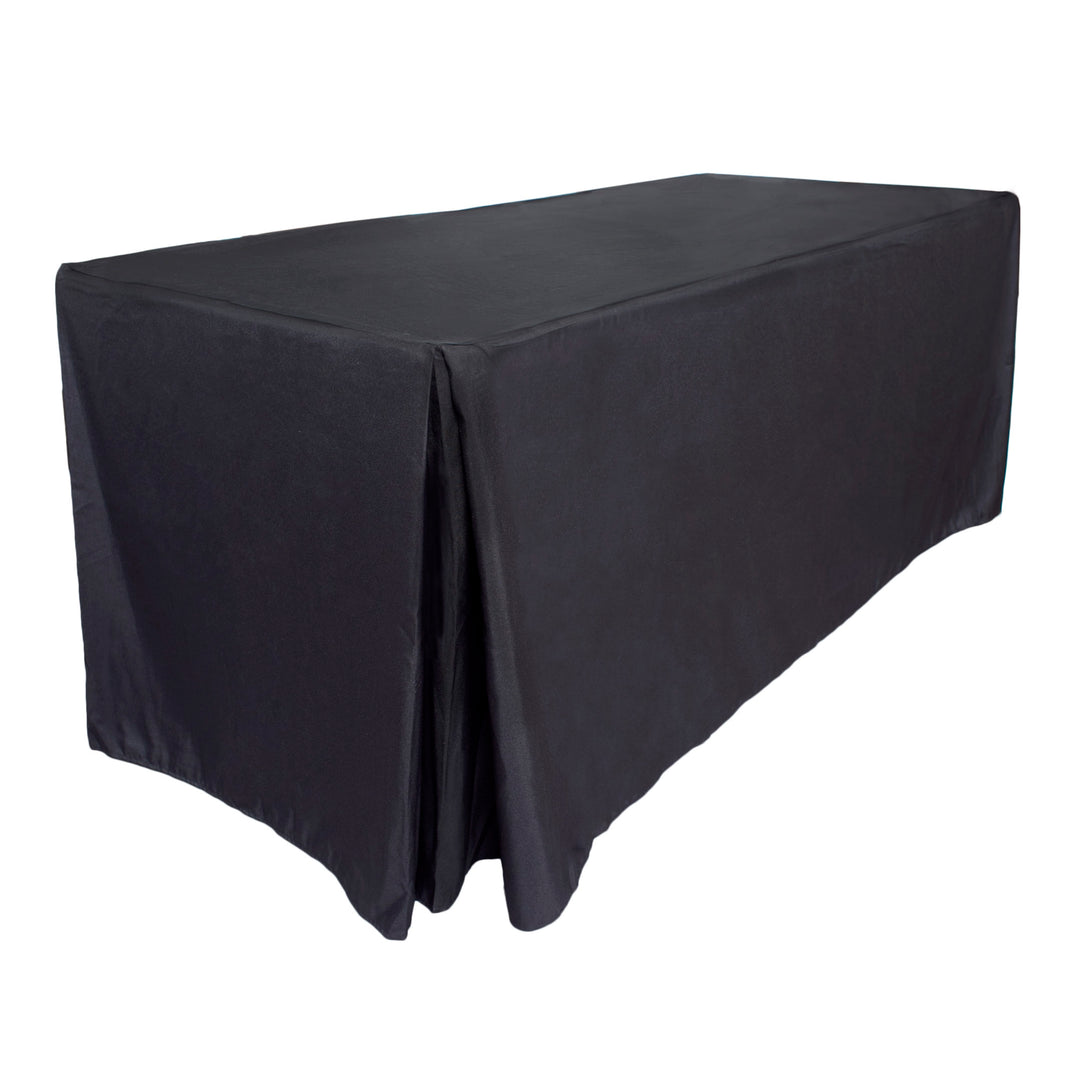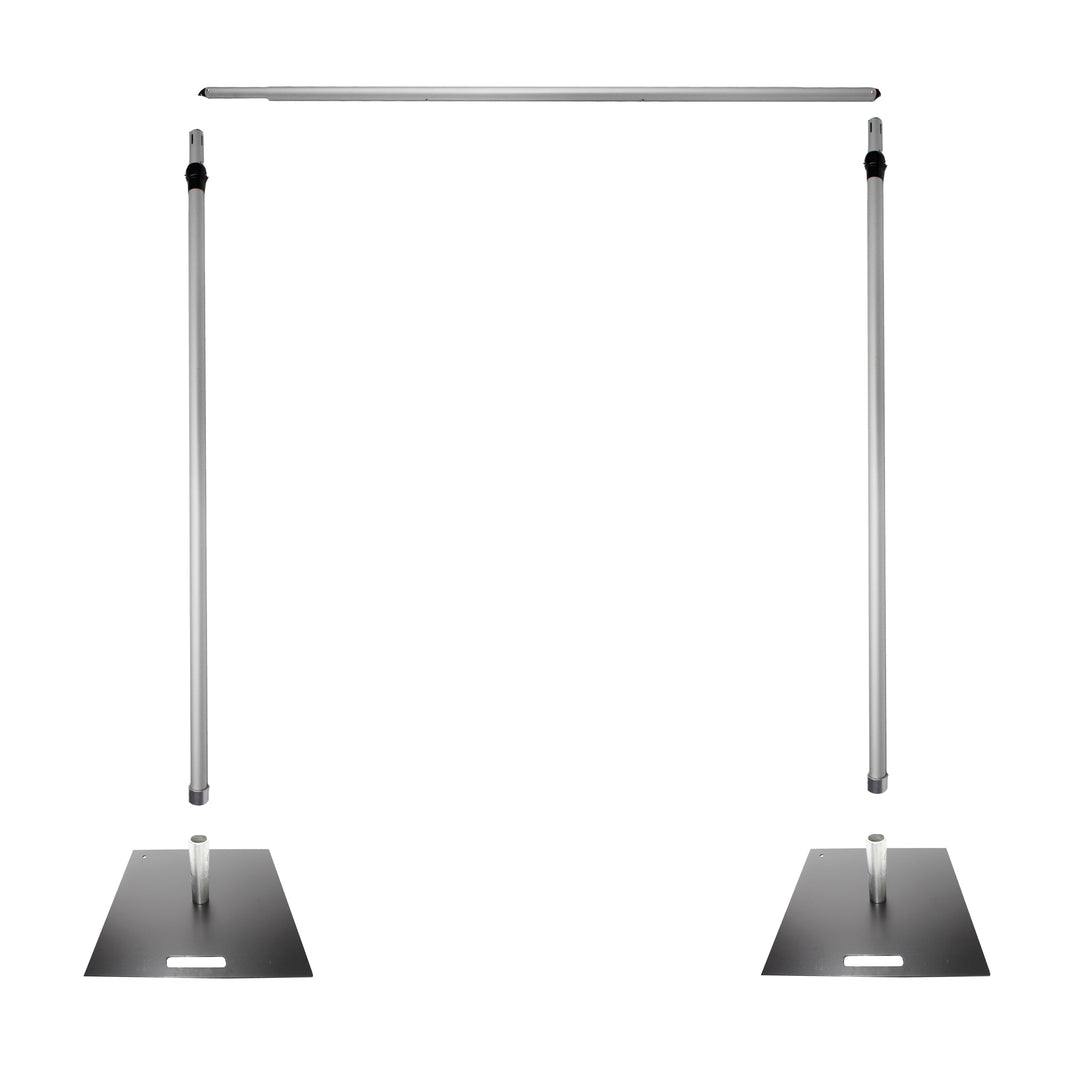How to Plan a Wedding? A Guide to the Perfect Wedding

It’s no secret that arranging a wedding is a big deal. It can seem like there are a million things to plan, organise and pay for before your big day is ready to kick off.
To help keep things simple and stress-free, it’s important to plan well ahead and have open conversations with your partner about all the different aspects of your wedding you’ll need to consider. To help make this process easy and straightforward, we’ve made a step-by-step guide to planning the perfect wedding. Keep scrolling for the 10 most important things you’ll need to consider when planning your big day.
-
Envision your dream wedding together
The first, and possibly MOST important step to planning your big day is to give yourself the time to envision what your dream wedding would be. This early stage of the process can be done through personal reflection on your values, hopes and expectations of the day, but it also should include continuous communication with your partner. This kind of reflection will help you work out how you feel about some of the bigger questions around your wedding plans, including:
Ultimately, envisioning your wedding day is about capturing the essence of your relationship and celebrating your love in a way that feels authentic to you both. By starting with a clear vision and open communication, you'll lay the foundation for a wedding day for everyone to remember.
-
Establish your budget
While everyone would love for money to be no object when it comes to celebrating your love, it is important to think about how much financial leeway you have when beginning to plan your wedding. Start by considering your overall budget as a raw number, based on your finances, any contributions that your respective families will make, personal savings or any credit you’re willing to use.
Next, you can begin to prioritise your expenses, beginning with the necessities of your wedding. Things like the venue, catering, your wedding attire, and any necessary services you’ll have to hire. This is also a great time to do some research on the typical cost of a wedding in your city or country of choice. Once you have a general idea of the cost range of your less negotiable expenses, you can start to prioritise the remainder of your budget for other wedding expenses.
Keep in mind that your totals as well as the allocated funds for each part of your wedding planning are likely to change throughout the process. Unforeseen expenses, price changes and other surprises will almost certainly come along the way, so it’s important to stay flexible and be prepared to potentially spend more than you first planned to.
-
Pick out the perfect venue

Next up should be picking out the venues where you’ll celebrate your big day. The venue choices you make will be critical in setting the tone of your wedding, so keep this in mind when you start inquiring around at venues for the ceremony and reception. Some basic choices to consider include:
-
Build Your Invite List
Picking out your invitees can often be a difficult process. If you’re lucky enough to have a big family and a bunch of friends, then you may need to make some hard decisions due to budget constraints, venue size, location and more. If you’re planning an extravagant overseas wedding, not everyone is going to be able to make it. Likewise, if you’re planning to have a riverboat wedding, it’s likely there will be some sensible age restrictions to ensure everyone is safe on board.
It’s also important to consider how the size of your invite list could impact your budget. Fewer guests could mean lower overall costs for venue hire and catering, or you could choose to spend more per person.
-
Pick out your vendors and services

There are a bunch of vendors that you might need to help see through your big day. These can range from the totally optional to the absolutely essential. Nonetheless, it’s important to consider what types of services your budget allows for, as well as what level of service you are willing to purchase. Some important vendors to think about include:
-
Create a timeline of the big day
Planning a timeline for your wedding day is essential for ensuring a smooth and stress-free event. You can start by working backward from your ceremony time, thinking about key moments such as hair and makeup, transportation, and photography sessions. Make sure you give ample time for each activity, accounting for potential delays or unexpected circumstances.
Begin the day with hair and makeup appointments for you and your bridal party, allowing enough time for everyone to get ready comfortably. You may have to coordinate transport to the ceremony venue, ensuring that you and your party arrive with plenty of time to spare.
Next, consider what you want to do between the ceremony and reception. You could have an event that moves directly into the reception where your guests can enjoy some drinks and lunch. Alternatively, you can organise a pre-reception cocktail party or similar event if your reception begins several hours after your ceremony is scheduled to finish.
Once you’re at the reception, you’ll need to consider moments like introductions, toasts or your first dance as a married couple. Throughout the evening, try to evenly intersperse dinner service, cake cutting, and any special dances or traditions you've planned. This will also help to keep your guests engaged throughout the evening.
Make sure you communicate the timeline to your vendors, bridal party, and key family members to ensure everyone is on the same page. It’s also important to stay flexible and be prepared to adapt as needed, but having a well-planned timeline will help keep things running smoothly and ensure you have plenty of time to savour every moment of your special day.
-
Design Your Space

Designing your wedding venue space is a crucial part of setting up a memorable event. This process usually involves creating a cohesive and visually stunning atmosphere that reflects your unique style and personality as a couple. Start by selecting a theme or colour scheme that sets the tone for the event, thinking about elements like the season, venue layout and architecture and different cultural traditions you may want to include.
Start by focusing on key areas like the ceremony backdrop, reception tablecloths, table design and the dance floor to use as focal points that draw attention and create memorable moments. You can help to solidify the mood of your event with the right kinds of lighting arrangements, floral arrangements and decorative accents that complement your chosen theme. You should also consider the layout of the space to ensure a good amount of space for your guests to socialise with others and be comfortable.
-
Plan the Menu and Catering
Planning a wedding menu can seem like a big task at first glance, but once you break it down into a few steps, it can be simple and stress-free. Firstly, consider your own personal tastes and preferences, along with your overall wedding theme. This can help you get a general sense of what you’d like to offer your guests.
It’s then important to consider the dietary restrictions of your guests and the season of your wedding. This will all help you to collaborate with your caterer to design a menu that will delight your guests and contribute to the overall vibe of your wedding. Opting for multiple courses and a good variety of menu items can be a great way to ensure everyone is happy, but this usually costs significantly more to arrange.
You’ll also want to consider whether you’ll allow your guests to order their own choice of food from your menu or have a pre-selected variety of meals for your guests with no special dietary requirements. If you want to give your guests the full hospitality experience, you can also consider working with your venue to hire waitstaff or contact a hospitality company to organise the team for the evening.
-
Take care of the logistics
While most of your wedding planning will be a fun experience, there will also be plenty of essential tasks that you’ll need to take care of. These will include things like permits for your celebration, having your marriage documents in order and more. If you’re planning on hiring a wedding organiser, this person will most likely be able to help you through this process.
In certain circumstances, you may need to arrange transportation for your wedding guests. This could mean a series of buses or cars to get your guests from your ceremony to your reception, or to get your guests back to their homes or hotel suites after everything has finished.
-
Be ready for surprises
After all of your planning is sorted and it’s time to enjoy your wedding, it’s important to remember that you can’t be in control of absolutely everything that takes place on your big day. Some cues are bound to be missed by some vendors, family members and important guests, or an item on the menu might need to change last-minute. There may even be rain on your wedding day.
Whatever happens, it will help you and your guests have a wonderful time if you try and stay stress-free and flexible. Remember that when small things go slightly wrong, it’s most likely that none of your guests will even notice.
No matter the style of wedding you're planning, no matter how big or small, how traditional or individual, it’s a day to celebrate your love among family and friends.
Be sure to follow Luna Wedding & Event Supplies on Instagram for more gorgeous decor ideas and wedding table inspiration, or to see our amazing decorations and products in action.
‘Til next month xx


